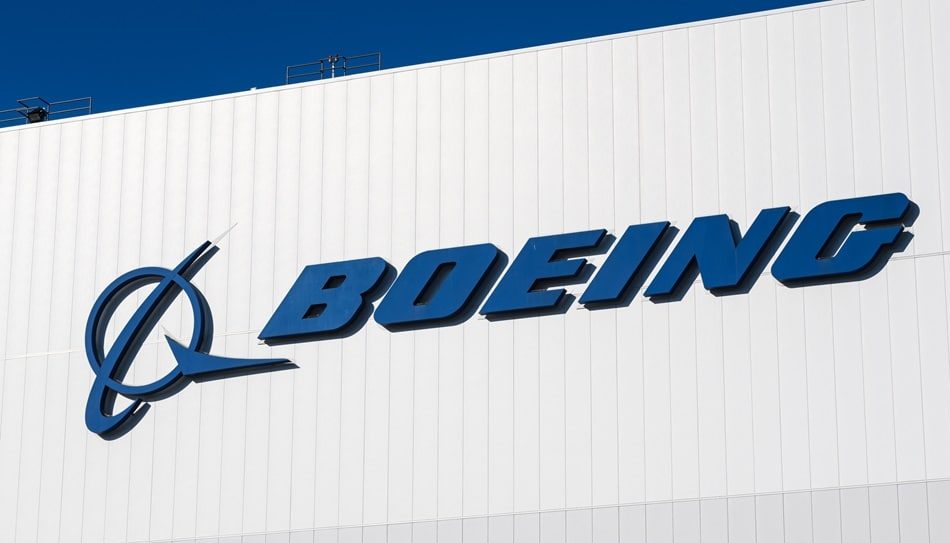Boeing has reached a tentative labor agreement with the union representing over 32,000 workers in the U.S. Pacific Northwest.
The move could avert a strike that could have crippled operations as early as September 13. The proposed four-year contract includes a general wage increase of 25 percent and improved retirement benefits. There is also a commitment to build Boeing’s next commercial airplane in the Seattle area.
The agreement marks a significant victory for Boeing’s new CEO, Kelly Ortberg. Ortberg took over last month with a mandate to address quality issues and improve labor relations at the aerospace giant. The deal, if ratified, would be the first full labor contract Boeing has negotiated in 16 years.
Key Terms of the Agreement
Wage Increases and Job Security
The contract offers a 25 percent general wage increase over four years. This is a notable gain for the International Association of Machinists and Aerospace Workers (IAM), which represents Boeing’s factory employees in Seattle and Portland, Oregon.
The union had initially sought a 40 percent raise. However, it hailed the deal as the best contract in its history. Bosses cited the wage increase and Boeing’s commitment to building future aircraft in the Pacific Northwest as major successes.
The agreement ensures Boeing’s replacement for the workhorse 737 jet will be built in the region. This is provided the project begins during the life of the contract.
This commitment represents a major win for the union, ensuring job security for future generations of Boeing workers.
In a message to staff, Boeing Commercial Airplanes CEO Stephanie Pope, said:
“This would go along with our other flagship models, meaning job security for generations to come.”
Need Career Advice? Get employment skills advice at all levels of your career
Labor Relations and Production Targets
The deal grants the union greater input on the safety and quality of the production system. This is a crucial point as Boeing grapples with quality control issues.
Earlier this year, a door plug on a nearly new Boeing 737 MAX blew off mid-air on an Alaska Airlines flight, raising concerns about the company’s manufacturing standards.
The agreement also aligns with Boeing’s efforts to ramp up production of the 737 MAX. The company has a target of 38 aircraft per month by the end of the year.
Maintaining labor peace will be critical as the company navigates financial pressures, including a net loss of $1.44 billion in the second quarter of 2023.
Financial Pressures and Future Development
Boeing faces significant financial challenges, including a reported $45 billion in net debt. According to Wells Fargo, the company’s annual free cash flow target of $10 billion may be delayed by two years to 2027-28.
Wells Fargo analyst Matthew Akers suggested the aerospace giant may need to raise an additional $30 billion before it can develop a new aircraft.
Despite these financial hurdles, the tentative labor deal represents a crucial step for Boeing as it seeks to stabilize operations and ensure future growth.
The company’s decision to commit to producing its next generation of aircraft in its traditional Pacific Northwest hub contrasts with previous efforts to shift production to other locations, a move that had upset the IAM in the past.
Union and Industry Reactions
The union represents workers who build Boeing’s 777, 767, and 737 MAX jets. Members had voted in favor of a strike mandate in July.
While the 25 percent wage increase fell short of the union’s initial goal, IAM leadership praised the contract for achieving critical gains in wages, retirement benefits, and long-term job security.
In a statement, the union said:
“Although there was no way to achieve success on every single item, we can honestly say that this proposal is the best contract we’ve negotiated in our history.”
Boeing’s negotiations have garnered attention from political leaders, including Acting U.S. Labor Secretary Julie Su, who last week encouraged both sides to reach a “fair contract.”
What’s Next?
Boeing workers will vote on the proposed deal on Thursday. If members approve, it will take effect. This will secure labor peace at a time when Boeing is trying to recover from financial losses and quality control issues.
However, if the deal is rejected, workers could still vote in favor of a strike. This would need two-thirds of workers to support a work stoppage.
The deal is being closely watched by industry experts and labor unions nationwide. T
he United Auto Workers recently secured a similar 25 percent wage hike for its members, reflecting broader trends in the tight U.S. labor market.




